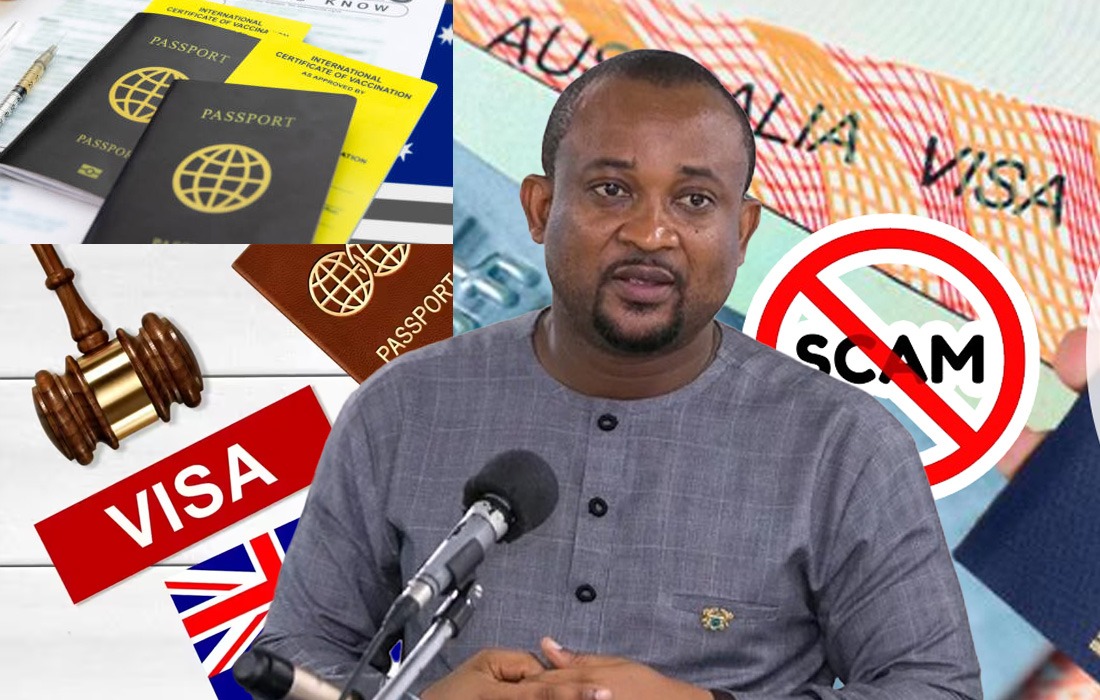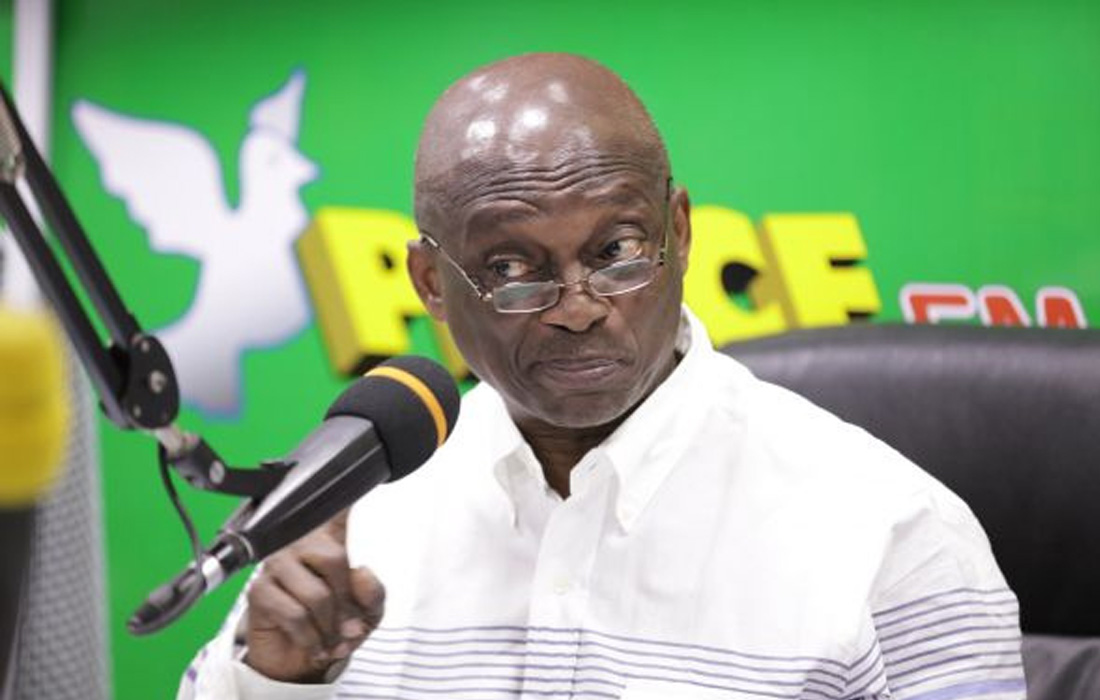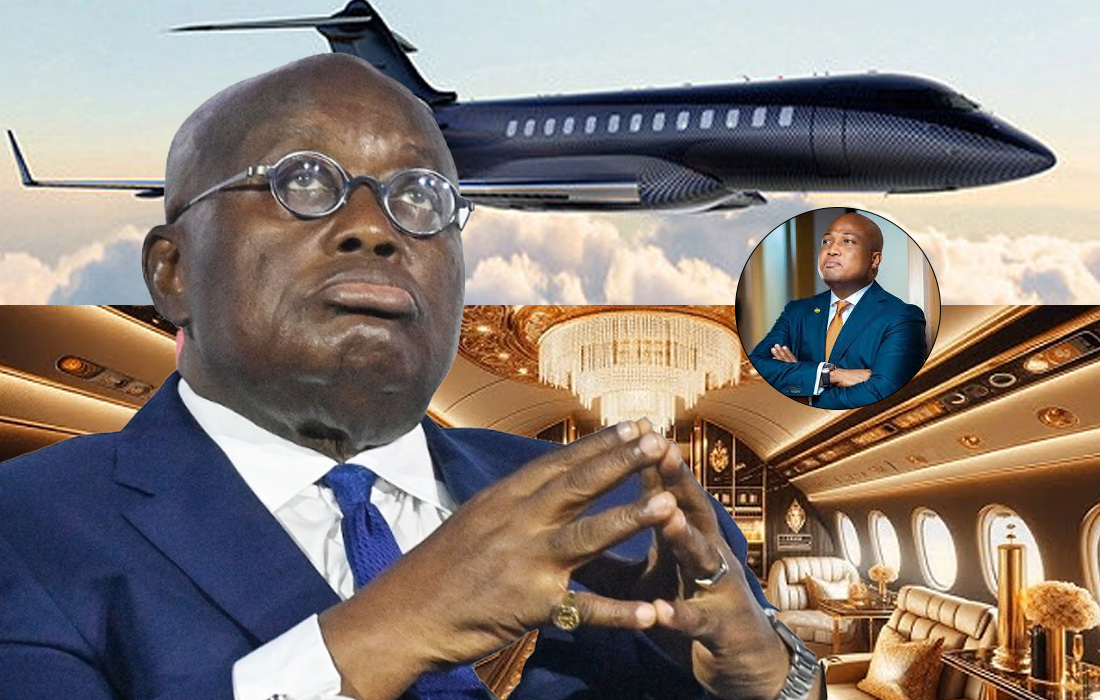In April 2018, the international spotlight turned to Ghana for all the wrong reasons. The nation was embroiled in a scandal involving around 60 Ghanaians who attempted to enter Australia under pretenses for the Commonwealth Games. Posing as journalists, these individuals failed simple sports-related questions posed by Australian immigration officers, exposing their true motives. The debacle shook Ghana’s government to its core, leading to the suspension of two top officials, Pius Enam Hadzide, then Deputy Minister of Youth and Sports, and Robert Sarfo Mensah, the National Sports Authority Director-General.
Read Also: Is Kennedy Agyapong’s Wealth Linked to Shadowy Dealings?
On the surface, this seemed like just another case of visa fraud, the kind that occasionally pops up in the news before fading from public memory. But was there more to the story? Despite investigations by a Ghanaian Sub-Committee, significant questions remain unanswered to this day.
A Game of Denials and Suspensions
Following the scandal, the swift action of President Nana Akufo-Addo to suspend the implicated officials suggested a government keen to root out corruption. The investigation, however, hit a dead end. Australian Border Control and Ghana’s Immigration Service reportedly failed to cooperate, leaving the public in the dark about the true scope of the fraud. Who were these fake journalists, and how did they manage to get so far in the visa process? And more intriguingly, who else might have been involved behind the scenes, pulling the strings?

It is worth noting that Pius Enam Hadzide was eventually cleared of wrongdoing and reinstated. But his name resurfaced in the news recently for a strikingly bold admission. At a campaign event in 2024, Hadzide openly acknowledged his involvement in facilitating the travel of Ghanaians to Australia during the Games, stirring up old memories of the scandal. Although cleared, his current campaign trail reveals an unsettling level of confidence in continuing to offer “opportunities” for international travel. Could his latest statements hint at deeper connections and hidden networks within Ghana’s government?
What We Don’t Know: The Unanswered Questions
One of the most striking aspects of this saga is the silence that followed the investigation. Key documents related to the visa applications and the roles of individuals who facilitated the travel have never been fully disclosed. Did certain whistleblowers attempt to expose the truth, only to be silenced or ignored? If Australian and Ghanaian authorities truly weren’t cooperating, what were they trying to hide?
Some speculate that this scandal may have been much bigger than initially reported. After all, Ghana wasn’t the only country embroiled in visa fraud during the 2018 Commonwealth Games—other African nations faced similar allegations. Were these schemes interconnected? Was there a coordinated effort by high-level officials to exploit major international events for personal gain?
Moreover, the reinstatement of Hadzide raises the question: Did the investigation fall short due to external pressures? Could there have been undisclosed whistleblowers who knew more about the scam but were never given a platform to share their stories? Could hidden documents or secret meetings hold the key to unraveling a larger conspiracy involving top-level officials?
Pius Hadzide’s 2024 Campaign: A Case of Déjà Vu?
Fast forward to 2024, and Hadzide is back in the spotlight, running for parliament in the Asuogyaman constituency. In a viral video, he unabashedly references his involvement in helping Ghanaians travel to Australia as if the past scandal was a badge of honor. Even more audaciously, he promises to do the same for his constituents in the future, offering them opportunities to travel to the United States for the upcoming FIFA World Cup. His comments have left many wondering if anything has changed.

Could his renewed promise to facilitate foreign travel suggest that the same old networks and questionable practices are still alive and well? While Hadzide was cleared of any criminal wrongdoing, his campaign rhetoric feels like a chilling reminder that the wheels of such scandals may still be turning, hidden beneath layers of bureaucracy and political maneuvering.
The Bigger Picture: A Culture of Corruption?
The Ghana-Australia visa scandal may have come and gone, but it serves as a cautionary tale about the potentially deep-rooted issues of corruption within Ghana’s governmental systems. Did the investigations in 2018 go far enough? How many officials were truly held accountable? And is Hadzide’s latest campaign just the tip of an iceberg we have yet to fully uncover?
Could there be more whistleblowers waiting in the shadows, fearful of repercussions but holding vital information that could expose the full extent of the scandal? Was there a coordinated effort to hide or destroy documents that could have painted a clearer picture of what really happened?
As we dig deeper into these questions, it becomes clear that the 2018 scandal may have been a symptom of a larger problem a system where those in power can facilitate international travel for profit, using their positions of authority for personal gain. The question remains: Will the truth about the Australian visa scandal ever come to light, or will it remain one of Ghana’s many unsolved political mysteries?
Final Thought: The Unspoken Power of Influence
With Pius Enam Hadzide now openly flaunting his influence as a former deputy minister to win votes, we must ask ourselves: how much power do politicians truly wield behind the scenes? Could this entire ordeal have been part of a larger, more intricate web of political favors, bribes, and promises? And more importantly, should we be paying closer attention to the whispers and hidden narratives that never made it to the headlines?
Perhaps the answers lie in documents that were quietly buried or in the testimonies of whistleblowers who were too afraid to speak up. Perhaps one day, the full story will emerge, revealing a far more complex and far-reaching scandal than we ever imagined. Until then, we can only speculate and keep asking the uncomfortable questions that those in power would rather remain unanswered.


















